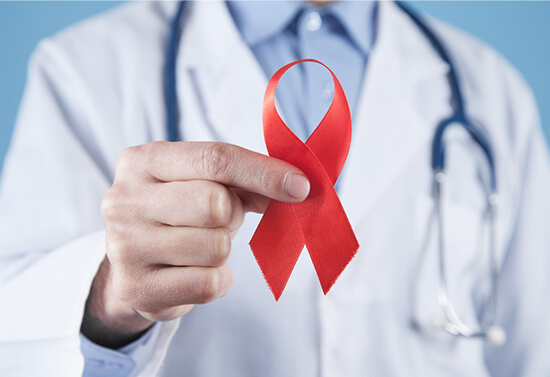Oncology in Nashik

Oncology
Oncology is a branch of medicine that focuses on the diagnosis, treatment, and management of cancer. It encompasses a broad range of activities, including the study of cancer biology, the development of new treatments, and the care of patients with cancer.
Key Aspects of Oncology:
Cancer Diagnosis: Oncologists use various diagnostic tools to identify and confirm the presence of cancer. These tools may include imaging studies (such as CT scans, MRIs, and PET scans), biopsies (sampling tissue for analysis), and blood tests.
Cancer Treatment: Treatment strategies in oncology are tailored to the specific type and stage of cancer and can include:
- Surgery: Removing tumors or cancerous tissue through surgical procedures.
- Chemotherapy: Using drugs to kill or inhibit the growth of cancer cells. This can be administered orally or intravenously.
- Radiation Therapy: Using high-energy radiation to target and destroy cancer cells.
- Targeted Therapy: Using drugs or other substances that specifically target cancer cells without affecting normal cells.
- Immunotherapy: Stimulating or enhancing the body’s immune system to recognize and attack cancer cells.
- Hormone Therapy: Blocking or manipulating hormones that fuel certain types of cancer, such as breast or prostate cancer.
Cancer Types: Oncologists deal with a wide variety of cancers, including but not limited to:
- Solid Tumors: Such as breast cancer, lung cancer, and colon cancer.
- Hematologic Malignancies: Such as leukemia, lymphoma, and multiple myeloma.
Palliative Care: Oncology also involves providing supportive care to improve the quality of life for patients with cancer. This includes managing symptoms, alleviating pain, and addressing emotional and psychological needs.
Research and Clinical Trials: Oncologists are often involved in researching new treatments and therapies through clinical trials. These trials aim to find more effective and less toxic ways to treat cancer.
Follow-Up and Survivorship: After initial treatment, oncologists continue to monitor patients for signs of cancer recurrence, manage long-term effects of treatment, and support overall well-being.
Overall, oncology is a multidisciplinary field that integrates various forms of treatment and care to address the complex needs of cancer patients, aiming to improve outcomes and enhance the quality of life for those affected by cancer.

